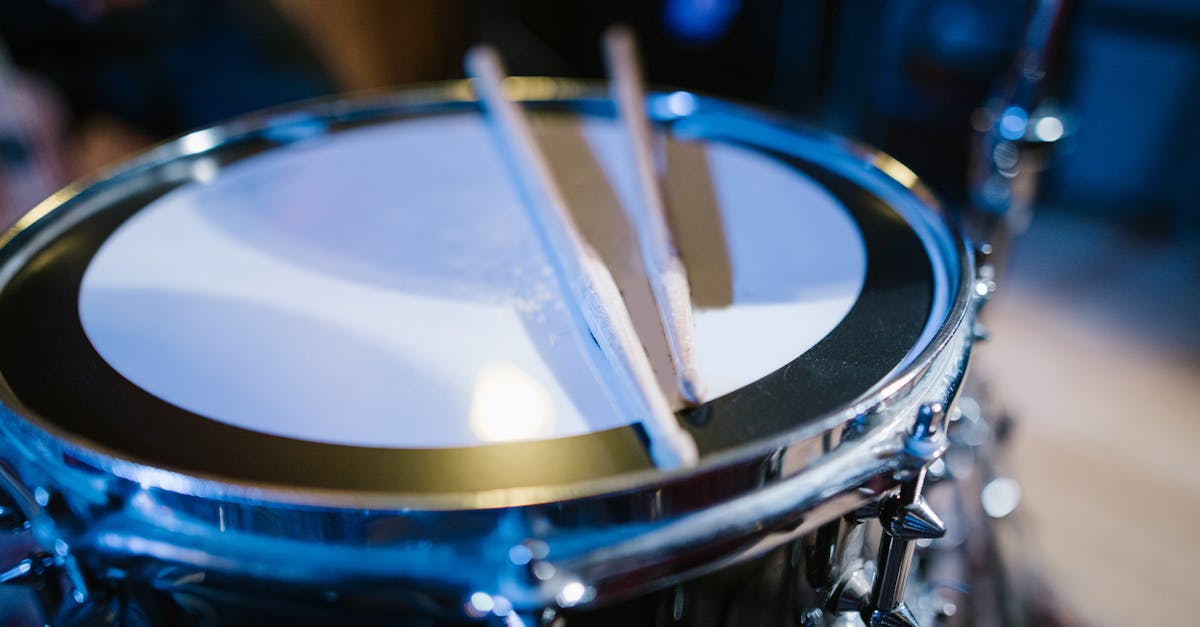Global Grooves Navigating The Beat Of World Music
Introduction
World music, a vibrant and diverse genre, encompasses musical styles and traditions from every corner of the globe. It's a tapestry woven with intricate rhythms, soulful melodies, and rich harmonies, reflecting the cultural identities of distinct regions. Global Grooves, as it is often called, celebrates the unique and personal expressions of communities worldwide. Whether it's the tribal beats of African drums or the melodic strains of Indian ragas, world music speaks a universal language. This article navigates the pulsating landscape of world music, explores its various forms, and highlights its cultural significance. Embracing genres like salsa, reggae, and bhangra, world music invites listeners to embark on an auditory journey.
Advertisement
The Roots of World Music
World music is as old as civilization itself, with its roots buried deep in ancient customs and rituals. For centuries, music served as a medium of communication, spiritual expression, and communal bonding in societies. African music, for instance, has strongly influenced many global genres. The continent's traditional use of polyrhythms and call-and-response patterns can be found in jazz, blues, and even hip-hop. Similarly, the classical music of India, known for its ornate scales, has formed the basis for fusion projects that include Western influences. Thus, the foundation of world music lies in the richness and diversity of cultural heritage.
Advertisement
Intercultural Exchange and Transformation
The significance of world music lies in its ability to transcend geographical boundaries and create a cross-cultural dialogue. Instruments and musical styles traveled along trading routes, marrying native sounds with foreign influences. The Silk Road, for example, facilitated the exchange of Asian and Middle Eastern music, leading to the development of new genres. In recent years, technology and social media have further accelerated this cross-cultural fusion. Electronic samples of indigenous sounds create a global resonance, influencing everything from pop to electronic dance music and inspiring countless collaborations. This cultural melting pot, facilitated by world music, plays a key role in the ever-evolving musical landscape.
Advertisement
Reggae A Global Phenomenon
Originating in Jamaica in the late 1960s, reggae music has become a cornerstone of world music culture. Characterized by its syncopated rhythms and laid-back tempo, reggae communicates messages of love, resistance, and unity. The global reach of reggae is largely attributed to iconic figures like Bob Marley, whose music carries themes of social justice and peace. Nations across the globe now have reggae scenes of their own, integrating local cultural and political elements. Events like Reggae Sunsplash festivals help highlight the genre's international appeal, promoting the philosophy of "one love" across diverse communities.
Advertisement
Latin Rhythms Uniting the Globe
Latin music, with its infectious energy and passionate flair, has taken the world by storm. Genres like salsa, tango, and merengue encapsulate the exuberance and vibrancy of Latin American cultures. Salsa, in particular, has become a universal language in dance clubs around the world. Its intricate footwork and lively melodies capture the essence of joy and togetherness. Meanwhile, Brazilian samba and Argentinian tango transport us to the heart of South America's cultural pulse. With rhythms to dance to and stories to tell, Latin music fosters a sense of community and celebration across the globe.
Advertisement
The Evolving Sound of African Music
Africa's musical landscape is rich and varied, having influenced the soundscape of numerous contemporary genres. African rhythms, characterized by distinctive drum patterns, are fundamental to jazz, blues, and rock. West African Afrobeat, popularized by artists like Fela Kuti, blends indigenous traditions with funk and jazz elements. Today, Afrobeat continues to evolve with rising stars incorporating electronic beats, creating a modern fusion appealing to a global audience. By embracing tradition while embracing change, African music continues to resonate deeply with listeners worldwide, embodying resilience and creativity.
Advertisement
Fusion of East Meets West
Many fusion genres exemplify the union of Eastern and Western musical traditions, creating richly textured melodies. K-pop, Gamelan music, and Bollywood soundtracks fuse Asian influences with global pop culture. Traditional Chinese opera elements interlace with electronic sounds to produce contemporary tracks that strike a chord with international audiences. Additionally, collaborations between Eastern musicians and Western artists offer new interpretations of familiar styles, resulting in groundbreaking albums. As these musical interactions grow, new hybrids emerge, captivating a diversity of audiences.
Advertisement
Bhangra A Vibrant and Timeless Beat
Bhangra, a lively folk dance and music form originating from Punjab in India, has captured the hearts of people around the world. Its high-energy beats and colorful dance inspire celebrations in global communities from weddings to festivals. The UK, with its large South Asian population, played a pivotal role in bringing Bhangra to the Western mainstream. Today, Bhangra is a staple in clubs and anyone seeking an uplifting rhythm. The genre's unstoppable momentum shows the profound ability of music to connect people and cultivate shared joy.
Advertisement
The Cultural Impact of World Music
World music has the power to build bridges between distinct cultures, advocating harmony and understanding. As people from varied backgrounds engage with these global sounds, they gain insights into the traditions, stories, and values of others. Cultural events and music festivals celebrating diverse music encourage intercultural interactions. Such experiences foster respect and highlight our commonalities, positioning world music as a tool for fostering peace. The increasing appreciation for diverse sounds and rhythms champions a world united by a shared love for music.
Advertisement
Conclusion
In a world often marked by division, world music emerges as a beacon of unity and respect. It skillfully weaves together melodies and rhythms, forming connections across cultures. As people continue their exploration of diverse musical experiences, they open themselves to an authentic appreciation for global beauty and complexity. This powerful form of expression celebrates humanity's rich tapestry, encouraging harmony and dialogue among different societies. Ultimately, world music fosters a deeper understanding and appreciation of the beauty within diversity.
Advertisement







